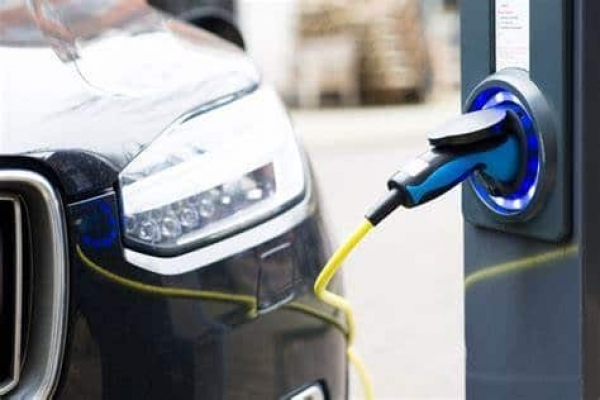Reducing your company car tax. Diesel, Hybrid, PHEV or Electric?

Going green – be it with a fully electric car or with a hybrid car – makes big sense if you’re a company car driver. That’s because, for the next few years at least, running such a vehicle will be efficient when it comes to benefit in kind tax.
And the good news is that tax situation is set to be the status quo, because benefit-in-kind tax bandings have been frozen until April 2025.

How are hybrid company cars taxed?
Not all hybrid cars are created equal. Some hybrids are self-contained, and run for only brief periods in pure electric power. These are called regular hybrids, and they’re are taxed in the same way as any petrol or diesel car. This same rule applies to cars that are described as mild hybrids (cars that use electrical assistance to help acceleration but which can’t run on electricity alone, even for short distances).
A driver’s monthly tax bill will be calculated using the car’s P11d value (the on-the-road price, less the cost of registration and the first year’s car tax), its CO2 emissions, and the driver’s personal tax rating (20% or 40%). The lower the car’s price, and the cleaner its emissions, the less the driver will pay in tax.
Then there are plug-in hybrids (PHEVs), which are cars that can be plugged in and have the ability to run on battery power alone for certain distances. This ability further reduces the car’s emissions, so it qualifies for lower tax rates. For such cars, the longer the electric range, the lower the tax band. This is because the PHEVs currently on sale aren’t yet efficient enough to qualify for the very lowest rates (2%), because none has a long-enough electric-only range. Nevertheless, they’re much cheaper on company car tax than a pure petrol or diesel equivalent.
Electric cars were subject to 0% BIK in 2020/21, but for 2022/23 that has risen to 2%, and that rate will remain in place until 2025. Despite the increase, someone with an electric company car will pay thousands of pounds less in company car tax each year than someone with a petrol or diesel.
Here’s an example to illustrate the point.
Perhaps you’re deciding which BMW 3 Series Touring should be your next company car. At the time of writing, the PHEV BMW 330e Touring M Sport has a P11d value of £46,360. The diesel BMW 320d M Sport has a value of £43,540. For the 2022/23 tax year the PHEV sits in the 12% tax bracket, while the diesel is in the 31% band. 
So over the full year, a 40% taxpayer running the 330e will pay out £2225.28. If they’d chosen the 320d instead the bill would be £5398.96. Choosing the hybrid saves £3173.68 in just one tax year.
With the sums so heavily in hybrid’s favour, it’s no wonder that sales of PHEVs are rising all the time. If a desire to change your company car is driving your need to find a new role please visit our job search page.
Conclusion
If you want super-low BiK bills, pure electric power is the way to go. But running an electric car demands certain compromises, such as having to plan your journey around charging opportunities, that hybrid petrol and diesel cars don’t place on you. And, while a plug-in hybrid car with a decent battery-only range can effectively be treated as an electric car for short distances, having petrol or diesel power in reserve means you don’t need to panic when the electricity runs out. That’s why making the switch to a plug-in hybrid car from a petrol or diesel will be much less of a shock than if you made the leap to an electric car. If you would like any more information about the level of reward package you should be offering or receiving please Contact Us at your earliest opportunity.
